How do you stop being lazy? In the hustle and bustle of modern life, navigating through moments of lethargy can seem like an unavoidable obstacle. However, when these transient lapses morph into persistent barriers hindering productivity and personal growth, it’s imperative to delve deeper into their underlying causes. This exhaustive guide aims to dissect the intricate nuances of laziness, offering a plethora of strategies spanning mental resilience, holistic health practices, and discerning between genuine fatigue and potential medical conditions. By embarking on this journey of self-discovery and empowerment, individuals can transcend the shackles of laziness and emerge as champions of their own productivity.
Understanding Laziness:

Deciphering the Complexities
Laziness, often unfairly vilified, is a multifaceted phenomenon influenced by an array of psychological, physiological, and environmental factors. At its core, laziness may manifest as a symptom of fatigue, lack of motivation, or even underlying mental health conditions. Distinguishing between genuine laziness and symptoms of deeper issues such as depression or chronic fatigue syndrome is paramount to crafting effective solutions. By cultivating self-awareness and embracing introspection, individuals can unravel the intricacies of their laziness and embark on a transformative journey towards productivity.
Tracing the Origins
The concept of laziness has roots deep in human history, stemming from a combination of evolutionary biology and societal constructs. In ancient times, conserving energy was crucial for survival; our ancestors needed to conserve energy for times of scarcity or when facing threats. As societies evolved, cultural norms and expectations began to shape perceptions of idleness and productivity.
Modern Challenges
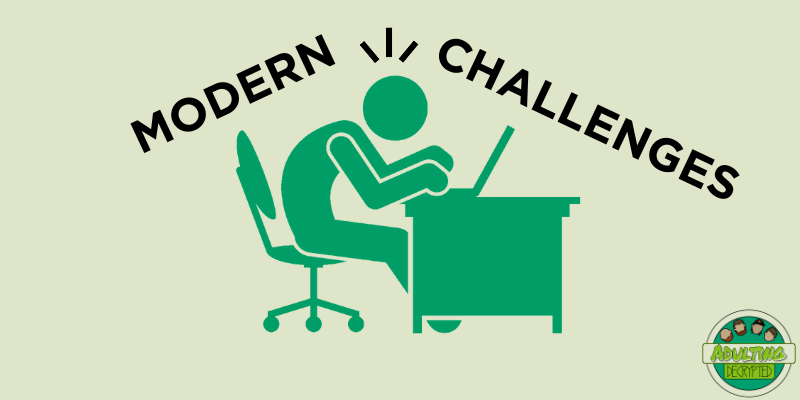
While modern conveniences have significantly reduced the need for physical exertion, the mental and emotional toll of constant connectivity and societal pressures can exacerbate feelings of lethargy and disinterest. It is making it even harder which leaves many wondering how to stop being lazy. Moreover, the rise of instant gratification in today’s digital age has further complicated the issue of laziness. With the click of a button, we can access entertainment, information, and services, fostering a culture of immediate satisfaction.
Strategies to Stop Being Lazy
This instant gratification can inadvertently fuel procrastination and a reluctance to engage in more challenging or laborious tasks. Additionally, social comparison through social media platforms can evoke feelings of inadequacy or overwhelm, leading individuals to disengage or retreat into a state of inertia. Understanding the nuanced interplay between biological predispositions, cultural influences, and modern societal dynamics is essential for addressing and overcoming laziness. Rather than succumbing to guilt or shame, adopting a compassionate and proactive approach to managing laziness can lead to meaningful personal growth and increased productivity. By implementing strategies such as setting realistic goals, practicing self-care, and seeking support when needed, individuals can reclaim agency over their actions and cultivate a balanced lifestyle conducive to fulfillment and success.
Mental Tips and Ideas:
Set Manageable Goals to Stop Being Lazy
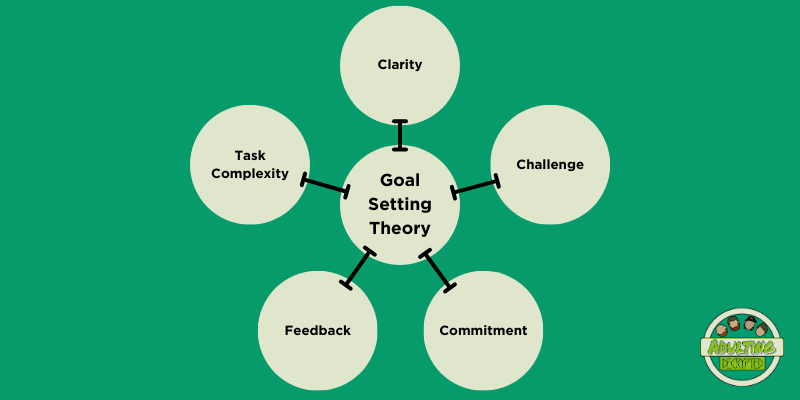
When looking at how to stop being lazy we need to look at goals. In a world inundated with lofty aspirations and ceaseless demands, setting manageable goals serves as a beacon to help you. By breaking down huge objectives into bite-sized tasks, individuals can mitigate the risk of burnout and foster a sustainable pace of progress. Therefore, within a global landscape brimming with ambitious dreams and relentless pressures, the act of establishing achievable targets emerges as a guiding principle, offering a pathway to navigate the chaos with resilience and efficacy.
Embrace Imperfection
The insidious rise of perfectionism has cast a shadow over society, breeding discontent and undermining self-worth. Embracing imperfection is not a sign of weakness but a testament to resilience and self-acceptance. By relinquishing the relentless pursuit of flawlessness, individuals can liberate themselves from the chains of self-doubt and cultivate a more compassionate inner dialogue.
Practice Positive Self-Talk

The power of language extends far beyond mere communication; it shapes our perception of ourselves and the world around us. Harnessing the transformative potential of positive self-talk involves consciously reframing negative thoughts and replacing them with affirmations of self-worth and capability. Through this practice, individuals can dismantle self-imposed barriers and unleash their innate potential.
Develop Action Plans
Strategic planning lays the groundwork for success, providing a roadmap to navigate through life’s myriad challenges. By meticulously charting out actionable steps towards their goals, individuals can instill a sense of purpose and direction in their endeavors. Whether embarking on a professional project or pursuing a personal passion, having a clear plan of action fosters clarity and empowers individuals to overcome obstacles with resilience.
Utilize Strengths
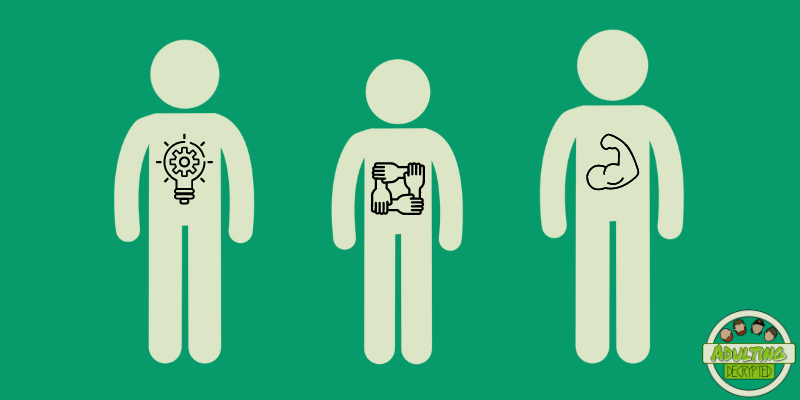
To stop being lazy you need to utilize your strengths. Each individual possesses a unique constellation of strengths and talents waiting to be harnessed for personal and professional growth. By identifying and leveraging their inherent strengths, individuals can unlock new avenues of opportunity and maximize their potential for success. Whether it be creative problem-solving, effective communication, or strategic thinking, embracing one’s strengths is the cornerstone of self-actualization.
Celebrate Achievements
In the relentless pursuit of progress, it’s easy to overlook the significance of small victories along the way. However, acknowledging and celebrating one’s accomplishments is essential for nurturing a sense of fulfillment and motivation. Whether it’s completing a daunting task or achieving a personal milestone, taking the time to revel in one’s achievements reinforces positive behavior and cultivates a resilient mindset.
Seek Support
Contrary to popular belief, seeking support is not a sign of weakness when looking how to stop being lazy, but a testament to one’s courage and vulnerability. Whether in the workplace or personal life, reaching out for assistance fosters collaboration, innovation, and mutual growth. By cultivating a supportive network of colleagues, friends, and mentors, individuals can navigate through challenges with confidence and resilience.
Health Strategies:
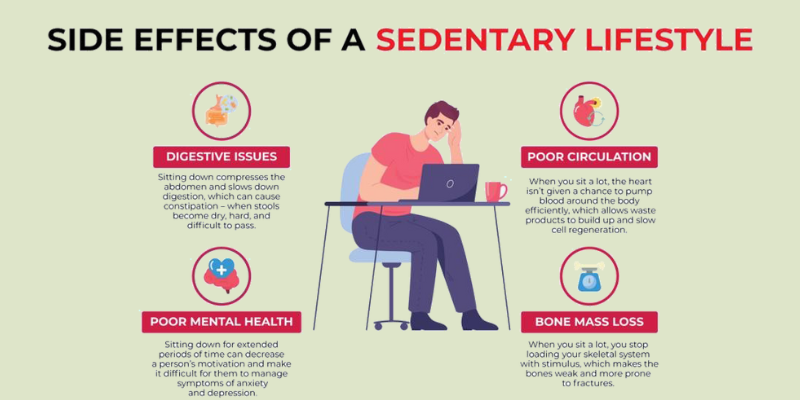
Fuel with High-Protein Foods
The adage “you are what you eat” rings true when it comes to sustaining energy levels and combating laziness. Incorporating protein-rich foods such as Greek yogurt, almonds, eggs, and tuna into one’s diet provides a steady source of fuel for the body and mind. By prioritizing nutrient-dense foods, individuals can optimize their energy levels and stave off lethargy.
Avoid Energy-Zapping Foods
When trying to stop being lazy, the temptation of sugary treats and greasy indulgences may offer momentary gratification, but their long-term effects on energy levels are far from desirable. Steering clear of foods high in sugar, refined carbs, and saturated fats is essential for maintaining stable blood sugar levels and sustaining energy throughout the day. Instead, opt for whole grains, fruits, vegetables, and lean proteins to fuel your body for optimal performance.
Prioritize Exercise

Physical activity is not only beneficial for sculpting a toned physique but also for rejuvenating the mind and spirit. Engaging in regular exercise releases endorphins, neurotransmitters that promote feelings of happiness and well-being. Whether it’s a brisk walk in nature, a heart-pumping cardio session, or a restorative yoga practice, incorporating movement into one’s daily routine is crucial for combating laziness and enhancing overall vitality.
Embrace Adequate Rest
In a society that glorifies hustle culture and perpetual busyness, the importance of rest often takes a backseat. However, prioritizing quality sleep is paramount for cognitive function, emotional resilience, and physical health. By adhering to a consistent sleep schedule and practicing relaxation techniques before bedtime, individuals can optimize their restorative sleep and wake up feeling refreshed and rejuvenated.
Manage Stress Effectively
Chronic stress is not only detrimental to mental health but also sabotages productivity and motivation which makes being lazy an inevitable occurance. Implementing stress-reduction strategies such as mindfulness meditation, deep breathing exercises, and time management techniques can mitigate the deleterious effects of stress and foster a greater sense of equilibrium. By cultivating resilience in the face of adversity, individuals can navigate through life’s challenges with grace and composure.
Stay Hydrated
The elixir of life, water is indispensable for sustaining optimal bodily functions and combating feelings of lethargy. When it comes to stop being lazy, dehydration can impair cognitive function, diminish physical performance, and exacerbate feelings of fatigue. By prioritizing hydration and consuming an adequate amount of water throughout the day, individuals can revitalize their energy levels and enhance their overall well-being.
Quit Unhealthy Habits to Stop Being Lazy
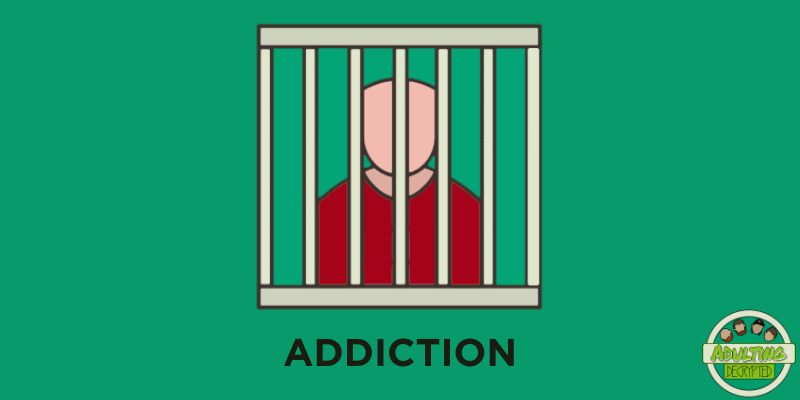
The insidious allure of unhealthy habits such as smoking poses a formidable obstacle to productivity and vitality. Smoking not only compromises respiratory health but also saps energy levels and diminishes overall quality of life. By summoning the courage to break free from the shackles of addiction, individuals can embark on a transformative journey towards holistic wellness and self-empowerment.
Distinguishing Laziness from Medical Conditions
In certain instances, persistent feelings of laziness may signify underlying medical conditions requiring professional intervention. Mental health disorders such as depression, anxiety, bipolar disorder, and chronic fatigue syndrome can manifest as profound lethargy and lack of motivation. Similarly, medical conditions including anemia, thyroid disorders, diabetes, and heart disease may also precipitate symptoms akin to laziness. It’s imperative to consult a healthcare provider for a comprehensive evaluation and tailored treatment plan to address underlying health concerns and optimize overall well-being.
Moreover, societal stigmas surrounding laziness can further complicate matters, discouraging individuals from seeking the help they need. Misconceptions about laziness as a character flaw or moral failing can perpetuate feelings of shame and isolation, hindering individuals from accessing vital resources and support systems. It’s essential to challenge these misconceptions and foster environments of empathy and understanding, where individuals feel empowered to prioritize their health and seek assistance without judgment. By destigmatizing discussions around laziness and promoting open dialogue, we can create a more inclusive and supportive society that prioritizes holistic well-being for all.
Powerful Transformation
In a world replete with distractions and demands, transcending the barriers of laziness requires a concerted effort encompassing mental fortitude, holistic health practices, and proactive self-care. By embarking on the journey of self-discovery and empowerment delineated in this guide, individuals can unlock their full potential and emerge as architects of their own destiny. Remember, the path to productivity is not a linear trajectory but a transformative odyssey fraught with challenges and triumphs. Armed with resilience, determination, and a commitment to self-improvement, you possess the power to conquer laziness and soar to new heights of productivity and fulfillment.